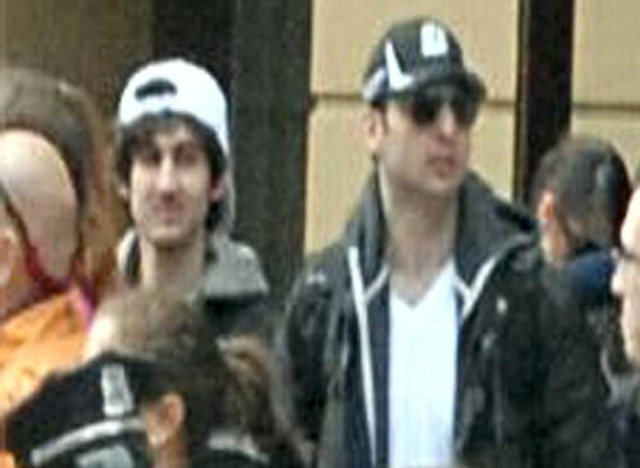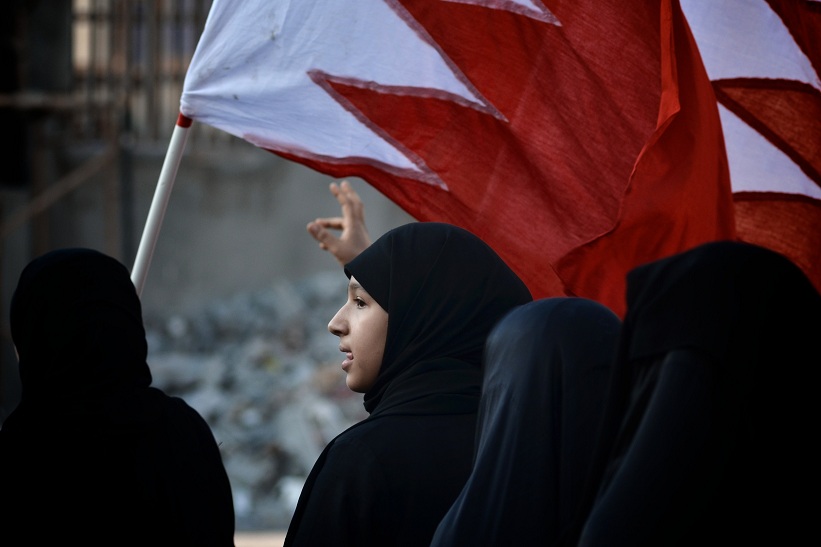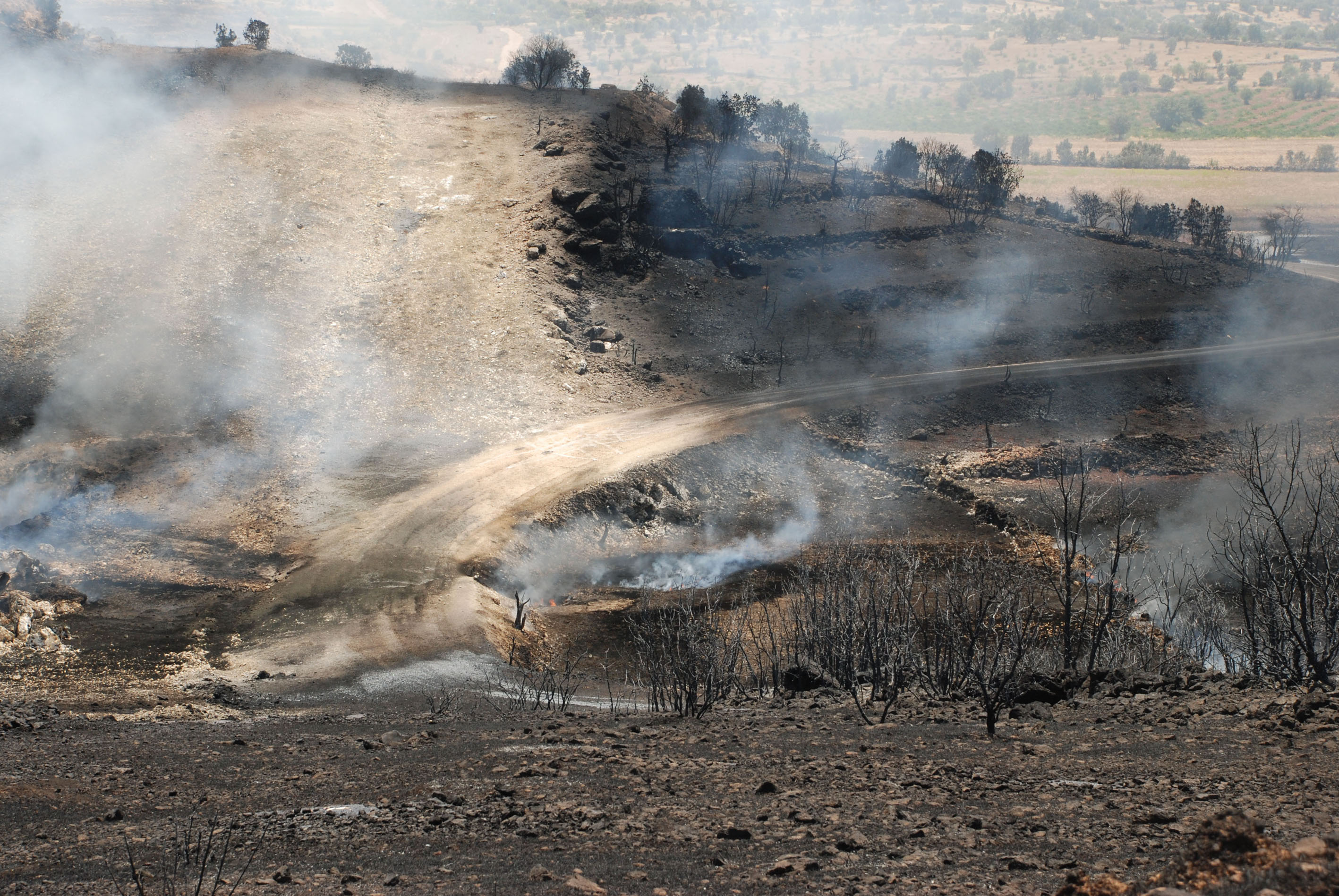Reconciliation and forgiveness is the message of “The Imam and the Pastor, a 40-minute documentary from the heart of Nigeria.
The 40-minute film traces the journey of Imam Mohamed Ashafa and Pastor James Wuye, joint heads of the Interfaith Mediation Center which mediates sectarian conflict in Nigeria and promotes inter-faith dialogue.
Ashafa and Wuye s current partnership – which has seen them traveling all over the world to promote the film – is remarkable because in the 1990s, they were basically trying to kill each other.
The film explains that relations between Nigeria s Muslims and Christians were calm until the end of the 20th century when deteriorating economic conditions and religious extremism led to tensions between followers of the two faiths.
Kaduna, in northern Nigeria, was one of the most affected towns; in 2000 over 1,000 people died in clashes.
The film opens with scenes from a mass grave in the town of Yelwa Shendem. The grave contains the bodies of over 630 people who died during sectarian conflict in 2004.
Wuye (who only went to church at first in order to “wink at the girls until he had a feeling that “God was speaking to him during a service) took up arms in defense of the church in 1992, when clashes broke out in Kaduna.
On the other side of the conflict was Ashafa, son of a Muslim spiritual leader, also involved in a militia.
Both men paid a heavy price during the fighting; Wuye lost his right hand and saw young men fighting alongside him killed, while Ashafa lost two cousins.
The spark for the conflict was the relocation of a market place which was dominated by Muslims. The bodies of those killed were transported to nearby Teduna, where Muslims responded by attacking Christians in the town.
Ashafa and Wuye were eventually brought together by a mediator, but the process of forgiveness took years for both men.
Wuye explains that for years he doubted Ashafa s true motivations, suspecting that the Imam had plans to kill him. Wuye himself harbored similar urges, including a desire to smother Ashafa with a pillow while he was sleeping.
It was religion which initially separated the two men, and it was religion which brought them together. Both men found inspiration in their faith for the process of forgiveness, Ashafa describing his encounter with an Imam who related the Prophet Mohamed s experience of violence in El-Tayef.
The process of forgiveness took years, until one day a Muslim preacher emphasized the importance of forgiveness, describing Prophet Mohamed s experience of violence in El-Tayef.
Wuye and Ashafa, together with teams of priests and imams, now travel to areas of conflict to give workshops and study circles.
Despite their flourishing partnership, differences remain – such as on the issue of the death penalty, on which the Inter-Faith Mediation Center was asked to put forward a paper. “We are like a husband and a wife who must not divorce. If we divorce our children will suffer, Wuye explains.
There is something endearing about Wuye and Ashafa and the honesty of their relationship – including the bickering. “Even though he s not a Muslim, I like him. I can give my life to protect him, his honor and dignity. This is what Islam taught me to do, Ashafa says of Wuye.
“I love him, because I m taught to love my neighbor as myself. I live by that principle, Wuye responded.
The Imam and the Pastor is showing at Sawy Culture Wheel on Friday, 7 pm.


